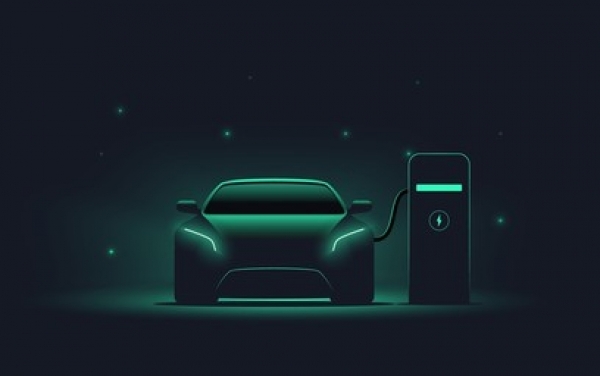You probably know a few people who have taken the plunge and already bought an electric car. As with most EV owners, they enjoy their new vehicles. According to most, electric cars are smooth, quiet, reliable and—perhaps best of all—never require their drivers to stop at a gas station to refuel.
All of these attributes are definite advantages, but the last one—never stopping at a gas station—has its implications. The vehicle must be recharged with electricity. Unless you plan to trade short stops at the gas station for lengthy sessions at a public charging station, you’ll want to charge your EV at home. And that usually means you’ll need a home EV charging station.
Home charging Tesla 1
Electric car charger installations at home are both simple and very complex. And these adjectives can use to describe almost anything associated with EVs and the industry they spawned.
Charging station for electric cars
Tesla Model S home charging
First, it is helpful to define what an EV charging station is. A simple way to explain this is to look at the smartphone in your pocket or purse as a substitute for an electric vehicle.
Just like your phone, an EV has a battery that keeps it running. The battery of your phone will not work if there is no electricity stored in it. Likewise, if there is no electricity stored in an electric car’s battery, it won’t go anywhere. And just like a smartphone, the electricity stored in an electric car’s battery is normally used up when you use the car. You have to top up this electricity by charging the car battery.
Types of electric car charging stations
Home charging Tesla 4
An electric vehicle charging station, also known as an EVSE, can be divided into three types. There are many types of them, ranging from simple to more complex than you would ever consider installing in your garage at home.
What is a level 1 charging station?
The level 1 charging station is the simplest of the three types. The charging cable that comes with an EV purchase or lease is essentially a Level 1 charger. These chargers use basic household electrical current – ??110-120V AC – and many simply plug into a standard grounded outlet using a regular three-prong plug.
The simplicity and low cost of Level 1 chargers are appealing, but their downside is slow – sometimes painfully slow – battery charging times. A good rule of thumb for charging an EV with a Level 1 charger is four to six miles of battery range for every hour of charging. If your electric car has a range of 200 miles on a full battery, it may take 35 to 50 hours to fully charge the car.
We recommend using Level 1 charging solutions only for plug-in hybrid electric vehicles (PHEVs).
What is a level 2 charging station?
In terms of EV charging stations, Level 2 chargers are the next step up. Level 2 units use 240-volt circuits – the type typically used for electric clothes dryers.
Some Level 2 charging stations are portable and use a special multi-pin plug and associated socket used for clothes dryers. Many households have such a circuit and outlet in their laundry rooms. But of course, it’s inconvenient to unplug the dryer to plug in the charger for your electric car.
For that reason, the vast majority of people who install a Level 2 charging station at home hire an electrician to install a 240-volt circuit in their garage. Once electricity is available in the garage, consumers can have the charging station “hard-wired” into that circuit. Or they can plug a Level 2 portable charger into a dedicated 240-volt outlet in their garage while enjoying the ability to take the charger with them on the go.
Hiring an electrician to replace a home’s electrical system can be a really expensive problem. But the big advantage is much faster charging, which speeds up the charging time. A Level 2 charging station will often recharge an EV battery in a quarter of the time it would take a Level 1 charging unit, making it the best charging station for people buying an all-electric car.
You can recharge a battery for an EV with a range of 200 miles in about 10 hours or less. Use a Level 2 charging station with a PHEV and recharge in less than four hours.
What is a level 3 charging station?
The third type of EV charging station is Level 3 and is specifically designed for commercial use or for those who want to make a quick stop before getting back on the road.
Level 3 charging stations allow direct current (DCFC) fast charging, which provides much shorter charging times. Some Level 3 charging stations can take an EV battery from dead to full charge in an hour or less—some of the latest EV models or Pod Point Home Charger.
Lastly, if you have any other queries then feel free to contact us.


